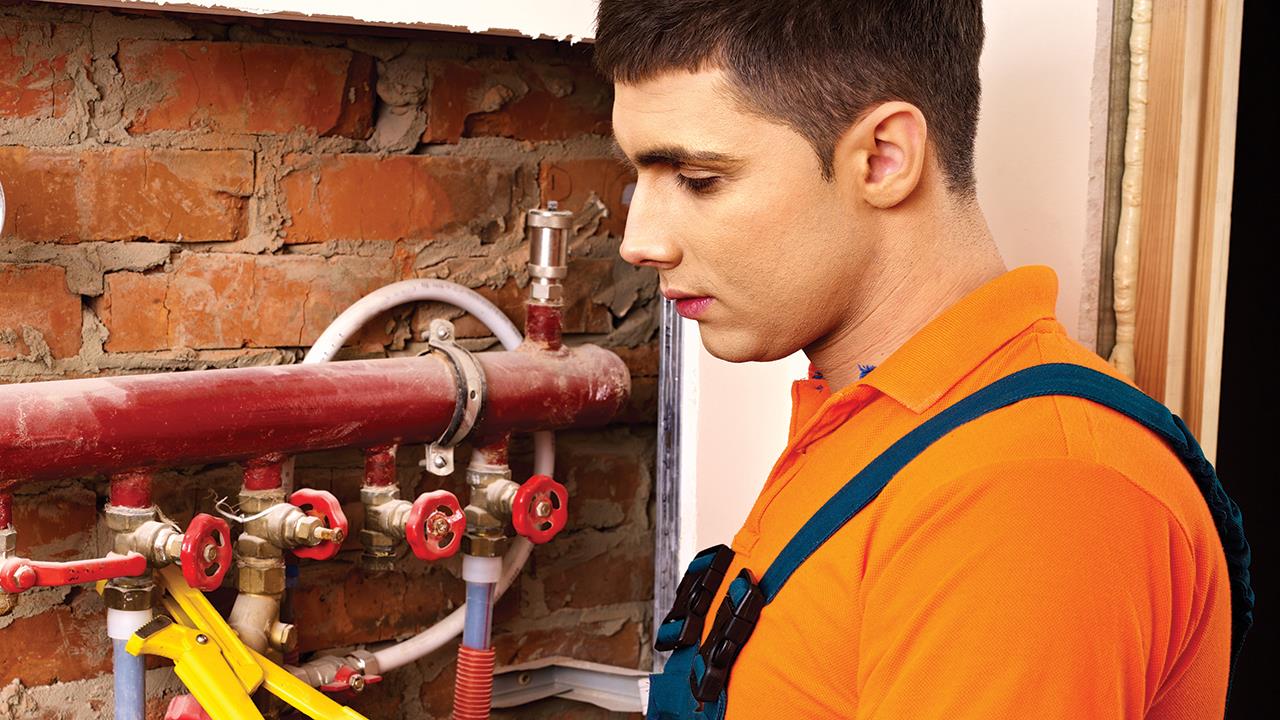

With the switch to heat pumps a key topic of discussion, low temperature and low carbon technologies remain a central aspect of the race to decarbonising the economy.
While this area of low carbon heating requires customers’ backing, the whole industry, including engineers, must be on side if it is to be a success.
A good example is the Boiler Upgrade Scheme (BUS); the low uptake of which is something that must be addressed by industry stakeholders.
One potential solution is the incentivisation of innovation within the industry. This would somewhat counter-balance the current dearth of specialist low carbon installers, which is the real challenge to be tackled.
Earlier this year the government pledged £9.7 million to support 10,000 trainees in low carbon technology over the next two years; the type of incentivisation that must continue and be expanded.
Encouraging installers
This might take the form of schemes such as the Plumbing and Domestic Heating Technician course, providing participants with an overview of all home heating technologies before they specialise in an area of specific interest.
Further, the Low Carbon Heating Technician Apprenticeship (Level 3 Trailblazer) proposition has been approved. This scheme gives apprentices the key knowledge, skills, and behaviours required to become qualified heating engineers with a focus on low carbon technologies.
It is crucial that heating engineer trainees proactively engage in the opportunities presented by such funding and subsidies, seeing the growth in low carbon technologies as an opportunity rather than a threat.
While it may not be a top priority at the moment, the increasing demand for heat pump installers should spur gas engineers on to getting ahead of the curve, expanding the breadth of their skills and thereby their own profitability.
Addressing the workforce shortage
According to the government’s figures, 50,000 trained engineers are required to meet the target of 600,000 heat pump installations per year.
The HHIC disputes this and suggests in its report Skills, Training and the Future of Heat that the number of engineers required could be as much as 50,000.
Within the HVAC industry, innovation and legislation is moving at unprecedented speed. This is predominately due to the ongoing energy crisis and growing environmental concerns – the industry is at a pivotal point.
A Gas Safe Decade Review found that more than half of heating engineers are over 50, leading to the assumption that many of them, so close to retirement, may not be willing, nor motivated, to retrain in low carbon heating technology.
Given the country’s net-zero targets, this understandably raises concerns. If over 50% of the 133,000 registered engineers don’t upskill, the rate of installations per year must increase by tenfold if it is to meet the 2028 targets of 600,000 installations a year.
Therefore, with an ageing workforce and ever-mounting demand for low carbon skillsets, the industry must prioritise new entrants as a cornerstone to solving the decarbonisation puzzle.
Given that 85% of UK homes are heating from a gas source at the moment, the government faces a requirement to encourage existing workers, and new entrants to proactively include low carbon technologies into their working portfolio.
All subsidies play some part, but policy and regulations changes incentivising the uptake of low carbon technologies are central to achieving the desired results.
Implementing the right policies
The HHIC has produced a whitepaper, Heating Up to Net Zero, that examines policy changes that might increase the uptake of low carbon heating systems, such as heat pumps.
The study suggests that engaging with and educating heating engineers and consumers on low carbon technology provides half of the solution, with the other half consisting of which policies are implemented to support them. The success of renewable technologies rests heavily on finding this balance.
Policymakers must prioritise the new skills necessary to install and maintain affordable low carbon heating systems. Heat pumps are just one of a wide array of greener heating solutions. With suitable policy, however, the training demand will likely snowball onto other renewable heating solutions, such as hydrogen technology.
If one approach to decarbonisation is chosen in isolation, the success of the rollout will be limited. The UK must adapt and invest in multiple solutions if it is to attain its 2028 and 2050 heating targets.
Many stakeholders are extolling the benefits of a hydrogen economy, and the HHIC supports the government proposal to mandate hydrogen-ready boilers and hydrogen blending.
The scheme is backed by a ‘price promise,’ whereby UK manufacturers pledged that, when manufactured in scale, the boilers installed in 1.7 million homes a year will be net-zero ready at no cost increase to the consumer compared to current boilers.
The UK must take a multi-pronged approach to its heating strategy. The HHIC firmly believes this option will close the gap between the current situation and what is expected by 2050 in a much faster and more efficient way.
Hydrogen and heat networks must grow in parallel with heat pumps and the upskilling of the workforce, thereby creating a foundation of multi-skilled installers to successfully decarbonise the heating economy.
If you'd like to keep up-to-date with the latest developments in the heating and plumbing industry, why not subscribe to our weekly newsletters? Just click the button below and you can ensure all the latest industry news and new product information lands in your inbox every week.